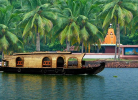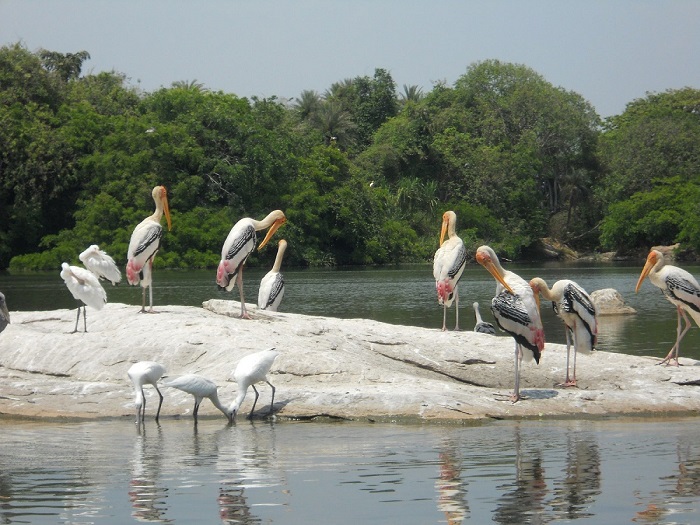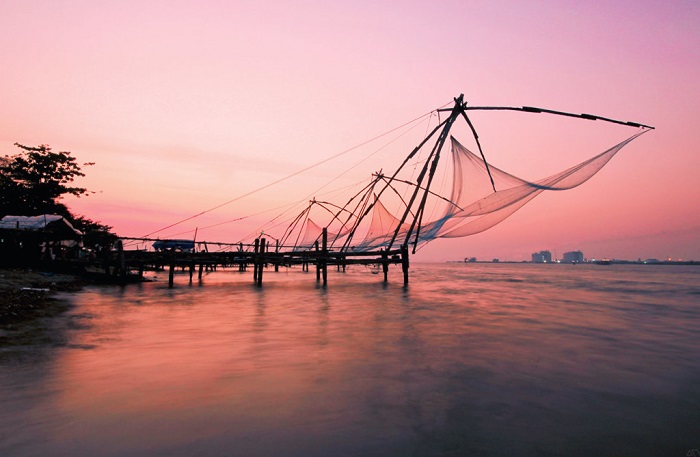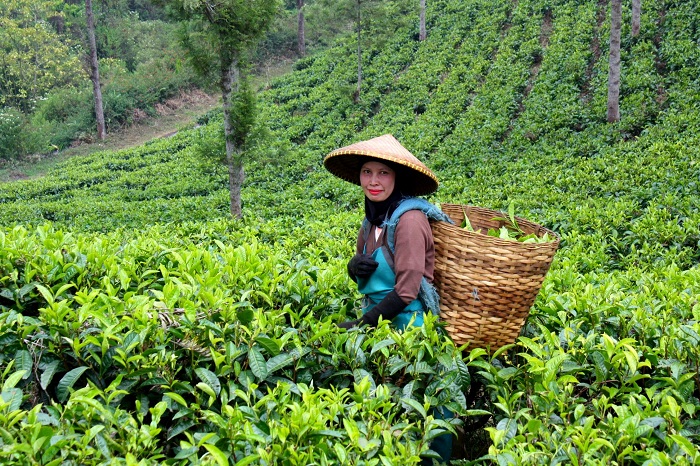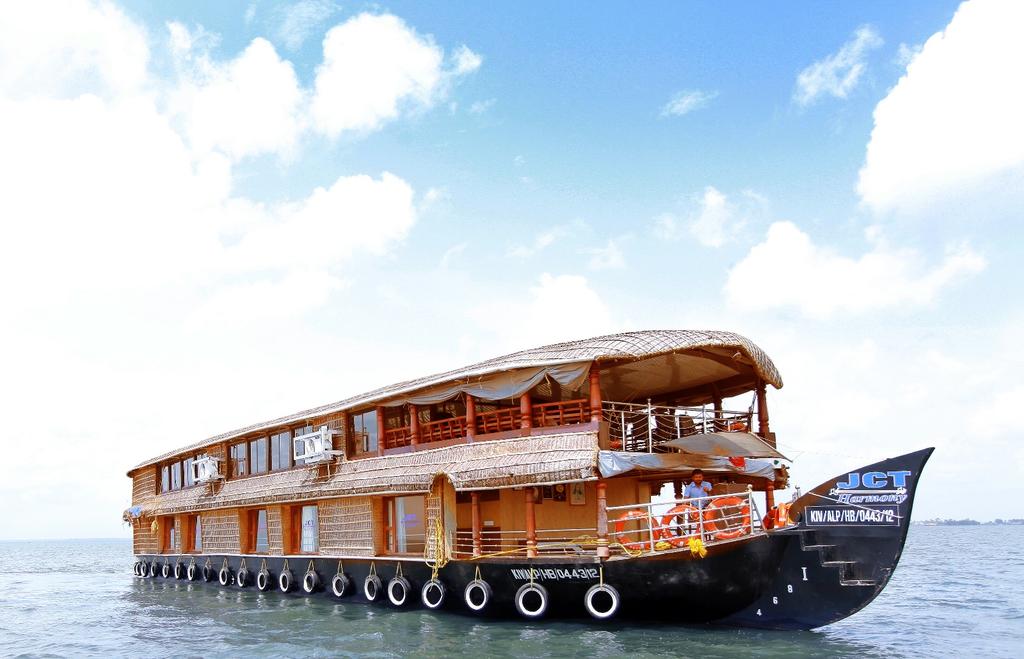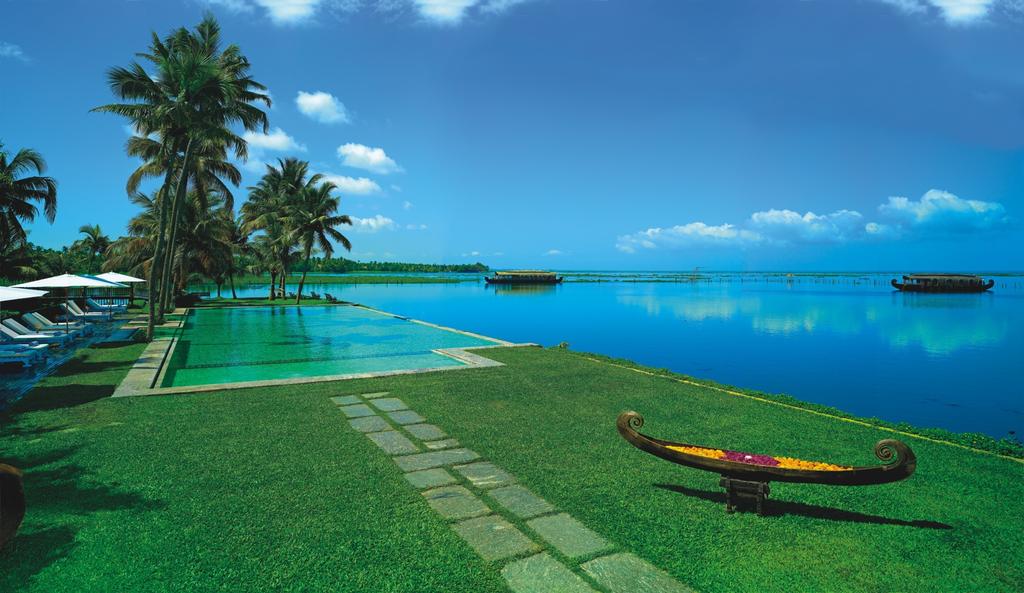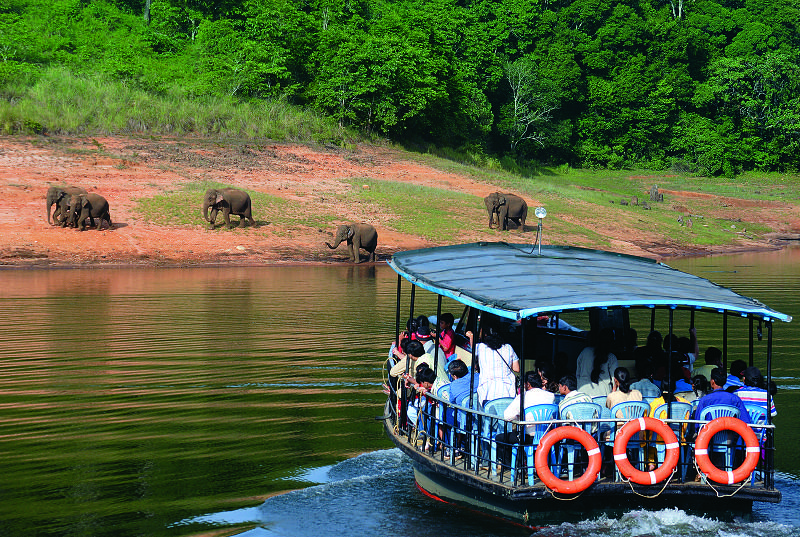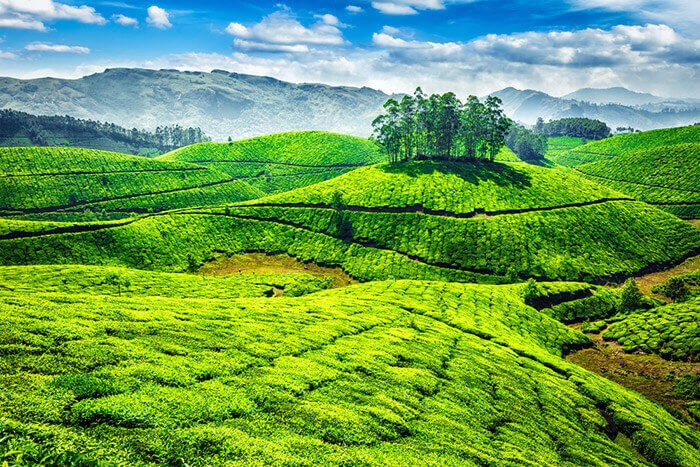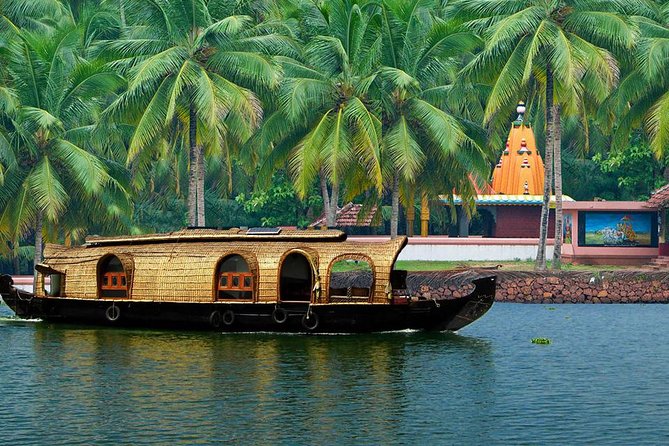History of Kerala State
Today’s Kerala was formed after Independence by merging the Kingdom of Travancore, Kingdom of Zamorin and the princely state of Cochin. Going back to the time of legends,it is said that the entire region of Kerala was under water and was reclaimed by Parasurama, a human reincarnation of Lord Vishnu.
When he threw his mighty war weapon (the axe) into the Arabian Sea, planning to cover as much distance as possible, the force pulled the land underneath the water, up. If the legend was true, it could be the only possible explanation to why Kerala is abundant with lush vegetation filled with exotic herbs, spices that couldn’t be cultivated in the rest of the world, colossal species of medicinal plants among which a major part is yet to be discovered.
Geographically speaking, Kerala is a small state formed out of three political regions, which thrived during the middle ages. In 17th century, the European traders flooded the coastal regions of Kerala to get their hands on the heaps and heaps of exotic spices lying around in the local markets.
All sea traders knew Kerala as the paradise for spice and ivory. For 3000 years, the trade flourished on the lands of this coastal area. Back then, it was famous among traders of Phoenicians, Arabs, Chinese, Romans and others. Vasco Da Gama’s arrival to the port in 15th century turned a huge wheel of life in Kerala. From there, the small territory of Kerala started to become the floodgates of European travelers and invaders. By the end of 18th century, British took the entire control of the land.
During the first almost-a-decade rule of British, the lifestyle of Kerala remained untouched. With the birth of industrial era, British rocketed the spice productions, created numerous plantations of tea and coffee and the western education started to pierce through the local culture. By the end of 19th century, the entire lifestyle of the state turned into a new leaf with missionaries on one side and industrial revolution on the other.
By the end of 1920s, the communism started to gather momentum. By the time of independence, Kerala was knee-deep into communism. After Re-organization commission, the new Kerala was formed in 1957.
Today, Kerala holds large labor pool, trained and versed in technology. The economic changes to the state has given a great blow to the cultural heritage pushing Ayurveda, spice plantation and other art and lifestyle practices into exotic elements of once-known-culture. However, Kerala is now planning to preserve whatever that is remaining in the present to the fullest.


